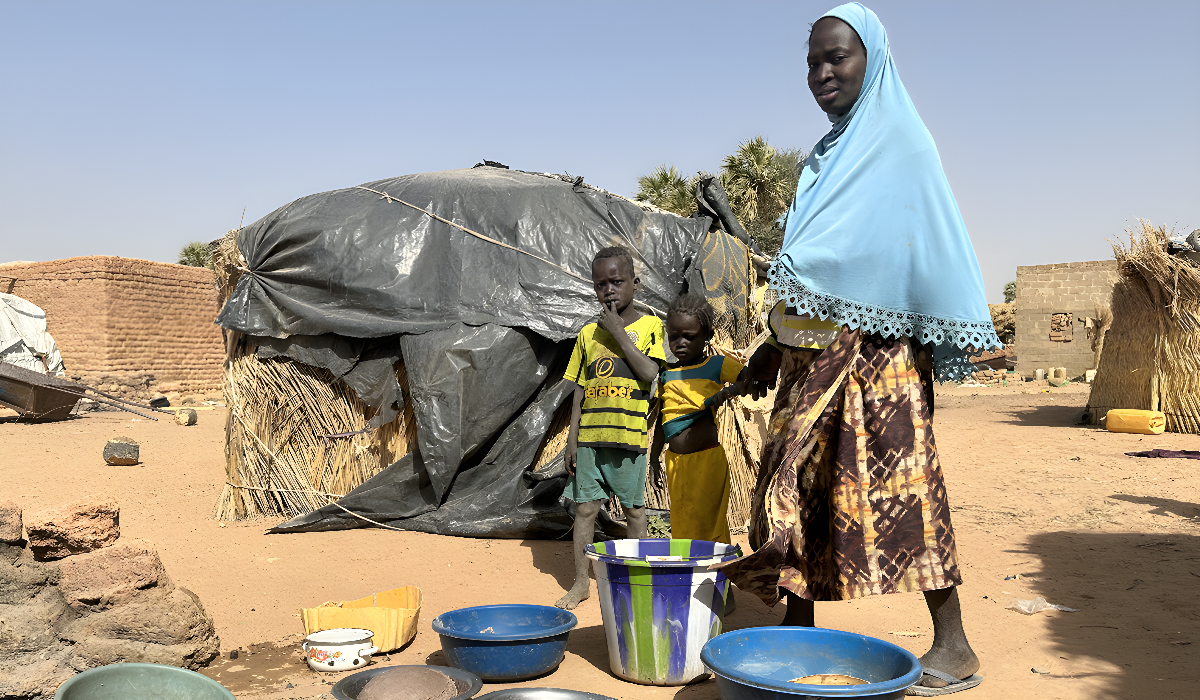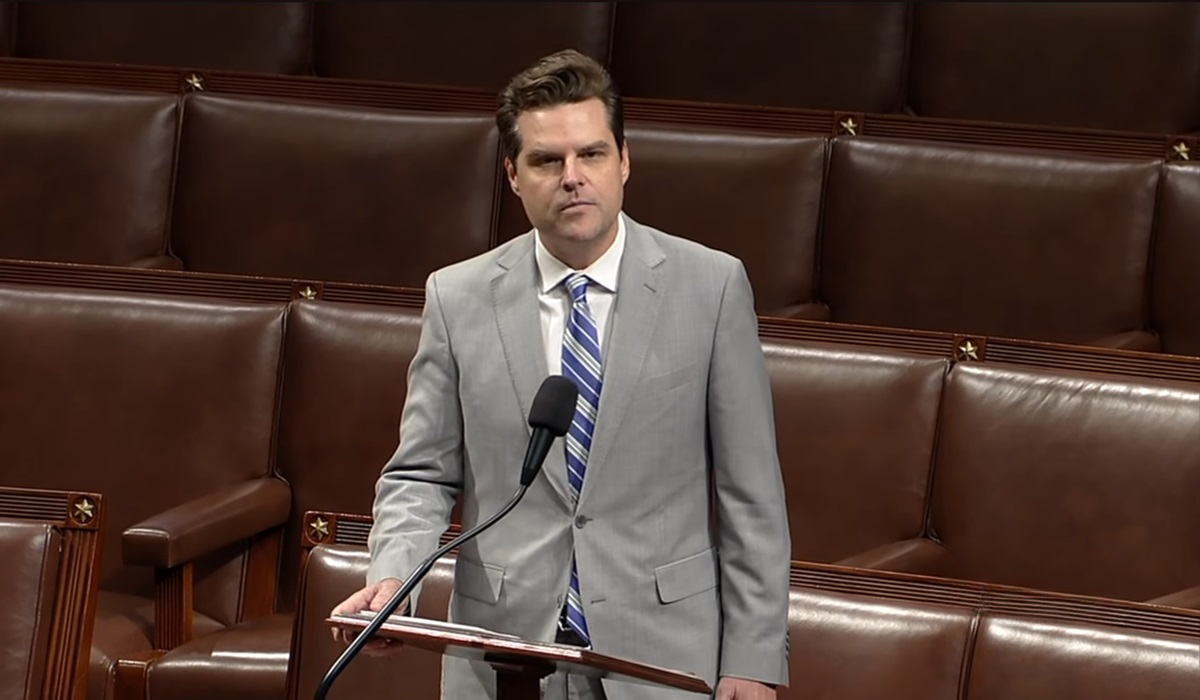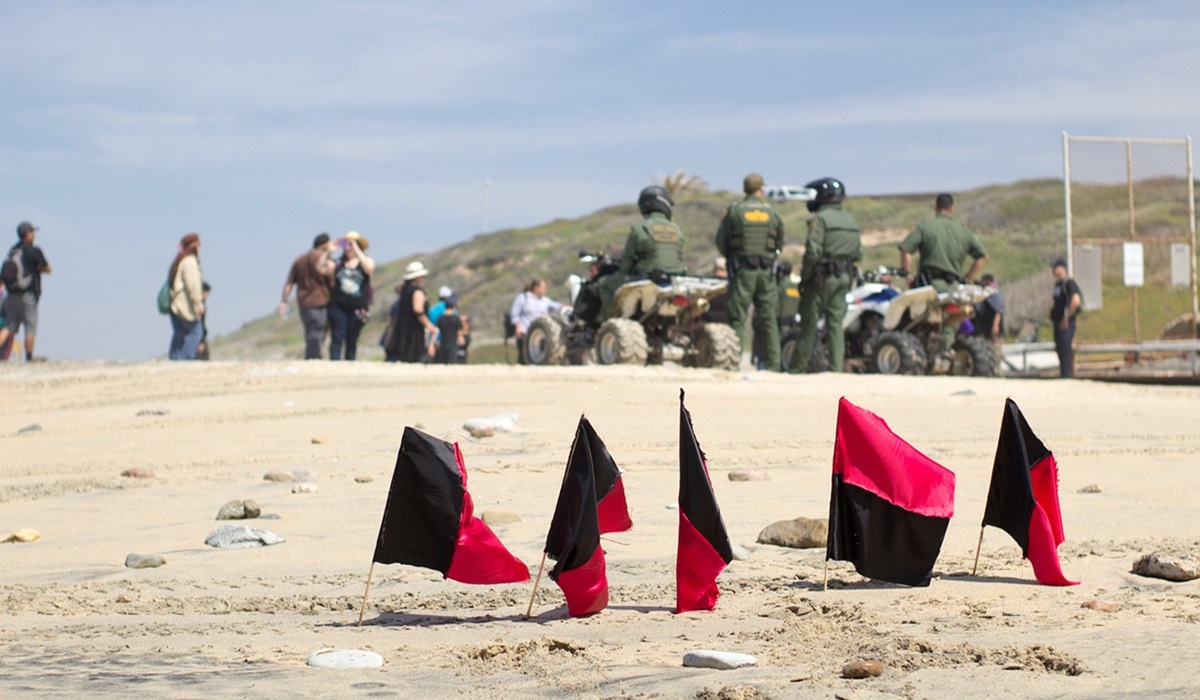Humanitarian Crisis Escalates as Aid Reaches Just 1% of Civilians in Blockaded Burkina Faso Towns
- TDS News
- Africa
- Breaking News
- March 14, 2024

Image credit, Ousmane Drabo/NRC
Burkina Faso is facing a dire humanitarian crisis as aid from international non-governmental organizations (INGOs) reaches only 1% of civilians living in half of the towns under blockade. This alarming revelation comes from a recent internal survey conducted by FONGIH, a forum comprising over 60 international organizations operating in Burkina Faso.
With half a million people trapped in 20 locations cut off from the rest of the country, the humanitarian response has faltered due to severe operational constraints and insufficient funding. The lack of resources, coupled with gaps in the humanitarian air service and heightened insecurity, has created a perfect storm, leaving countless vulnerable individuals without vital assistance.
Last year, less than 5,000 people received aid from INGOs and their local partners in these blockaded areas. The challenges faced by humanitarian organizations in delivering assistance are multifaceted. Limited resources and the scarcity of transportation options, exacerbated by the high costs of utilizing the UN Humanitarian Air Service (UNHAS), have hindered efforts to reach those in need.
Rachel Mikanagu, Director of FONGIH, underscored the gravity of the situation, stating that only a fraction of the required funding for addressing humanitarian needs in Burkina Faso was allocated last year. She emphasized the exorbitant costs associated with providing assistance in enclaved areas, which often lead organizations to prioritize other regions, leaving already marginalized populations doubly disadvantaged.
Hawa, a mother of six who fled to Gorgadji in the Sahel region five years ago, expressed the profound sense of abandonment felt by many affected by the crisis. Initially reliant on humanitarian aid to sustain her family, she lamented the dwindling assistance as movement restrictions tightened, leaving them isolated and vulnerable.
The uneven distribution of aid further exacerbates disparities, with 80% of INGO interventions concentrated in just 10 towns hosting large numbers of internally displaced persons. Djibo, home to over a quarter-million people under blockade since early 2022, received the most aid, yet significant needs persist, exacerbated by interruptions in UNHAS flights due to security concerns.
Mikanagu urged donor countries to bolster their support, warning that without urgent intervention, the gaps in the humanitarian response would widen, leaving more people excluded from vital assistance. She echoed calls for improved infrastructure, emphasizing the need for roads to reopen to facilitate land-based cargo transport without military escorts.
The findings of the FONGIH survey underscore the urgent need for concerted action to address the humanitarian crisis in Burkina Faso. With millions of lives at stake and the situation worsening by the day, the international community must step up its efforts to ensure that aid reaches those most in need, regardless of their geographic location or the operational challenges involved. Failure to do so risks further exacerbating the suffering of vulnerable populations already teetering on the brink of survival.








